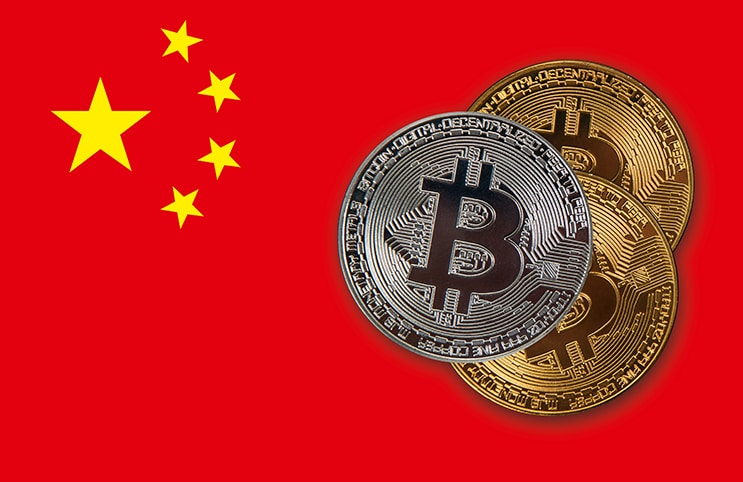
Coinposters
How China Is Increasing the Adoption of the Digital Yuan

China has been putting a lot of effort into developing a digital currency for its citizens. With the goal of expanding the reach of e-CNY beyond retail sales, the country has made great strides.
Small and medium-sized businesses in three locations throughout China have received loans using the digital yuan, according to a study. About $222,000 was borrowed from the Agricultural Bank of China by an eastern Jiangsu province concrete company. The borrower will be reimbursed in e-CNY for this loan.
Small firms may have difficulty obtaining loans from agencies because of the costs they charge, which range from 1 percent to 3 percent. Even though there was no service fee associated with this transaction, it was completed quicker.
According to the report, a Shanghai-based building materials firm purchased $417,014 in e-CNY. As far as digital money is concerned, the borrower said that they want to keep exploring it. In addition to loans, China’s digital currency has also been used to pay taxes, according to the study.
To reward subscribers for their loyalty last month, they were given e-CNY coupons totaling $4.4 million (about $30 million). Meituan, a Chinese delivery business, was involved in the project. By the end of December 2021, there were around 261 million digital yuan users. From October 2020, the number of users has almost doubled.
The United States is interested in Digital Currency Electronic Payment (DCEP). According to the article, US senators have suggested a measure that would limit their use of digital yuan apps. It is done as a way to distance themselves from China.
The Chinese government has long opposed the widespread use of cryptocurrencies in commerce and industry. In September 2021, a country-wide crypto ban was put in place as a result of this. One of its former industries was digital asset mining, and the nation was formerly well-known for it. In the past, it was responsible for around 30% of the worldwide hash rate. The chance has been seized by Kazakstan and the United States while this is going on.
Latest
News
19 Apr 2024
News
16 Jan 2024
News
31 Aug 2023
News
24 Jun 2023













